Black Panther is an interesting hero. He is an official card-carrying member of the Avengers, but his primary loyalty lies with his own country, Wakanda. In addition to patriotism, it comes from a higher calling as king of his country. Wakanda has long abided by a policy of isolationism, choosing to hide away and keep their secrets for themselves for their own preservation over helping the rest of the world. But with a king who has chosen to become an active player in the larger scope of the world, this policy is often broken with his people paying the price.
This is the realm that newbie comics writer Ta-Nehisi Coates chooses to explore in his reboot of Black Panther. This isn’t a superhero book with politics in it. This is a story about a fictional country’s politics with a superhero at the center of it all.
The story begins after Wakanda has been the victim of three assaults from outside forces in recent years: Dr. Doom’s overthrow of the Wakandan government during “Doomwar,” Namor’s attack during “Avengers vs. X-Men,” and Thanos’s invasion during “Infinity.” This has led to a deep mistrust of T’Challa, who seemingly abandoned Wakanda during “Infinity.” These feelings culminate in a riot at the Great Mound, the place where Wakandans mine vibranium. Revealed here are new villains; Zenzi, whose ability to enhance deep-seated feelings releases the hatred and anger fomenting in the people of Wakanda, and Tetu, who has the ability to manipulate the forces of nature. Together, they assemble a rogue army, “The People,” to overthrow T’Challa.
Concurrently, a former captain of the Dora Milaje, Aneka, is on trial for killing a chieftain who raped the girls of his village. Appealing for Aneka’s life is a member of the Dora Milaje, Ayo. When Ayo’s appeal is denied, she steals a prototype Midnight Angel armor and frees Aneka, giving her the only other Midnight Angel prototype. Together, they set about to establish their own nation to right the wrongs they feel were inflicted upon them by T’Challa. Among these political complications lie other forces at work looking to capitalize on the chaos.
This is only scratching the surface of this story. There are plenty of twists and turns, political intrigue, philosophy, and a few satisfying cameos.
This is Coates’s first comic book ever, but it’s by no means his first foray into the written word. He’s a national correspondent for The Atlantic, writing on topics such as the American Civil War, and Civil Rights Protests of the 1950s and 1960s. And he’s written his own award-winning books on race in the United States. With these in mind, when it was announced that he would be writing Black Panther’s return to a solo title, I was more than a little curious. This was my first venture into Black Panther’s story, and Coates’s take admittedly wasn’t what I was expecting but was nevertheless an excellent look at the character’s world.
The narration by the characters reads like poetry. There’s a very real weight that each character’s voice carries. There’s a particularly memorable sequence narrated by Tetu at beginning of one of the issues that feels just like it came from one of Coates’s books.
Rather than tell what the characters’ thought processes are as scenes are unfolding, the book’s writing feels more like commentary. However, the art and panels are so visually descriptive that it seems that Coates is purposely allowing the art and images to tell more of the story while his writing simply informs it. And Coates knows when to step back and allow the images to tell the entire story.
This story’s pacing is feels more akin to a novel. Coates takes his time building his characters and establishing the groundwork for his story to take place, and once this starting point has been built, the story takes off and it’s hard to put down. As such, I would say that this story is best read all at once.
Black Panther is unlike most comic superheroes, and fittingly, this book is not like your typical superhero story. T’Challa’s story carries with it the political workings of Wakanda and how T’Challa manages being king and hero at the same time, which Coates’s story handles beautifully. As a result, you get one of Marvel’s more conflicted heroes whose burden outweighs that of many of his contemporaries, and whose allegiances often come into conflict with each other. This is a story that paints a complete picture of a king with greater responsibility than most and handles it admirably.

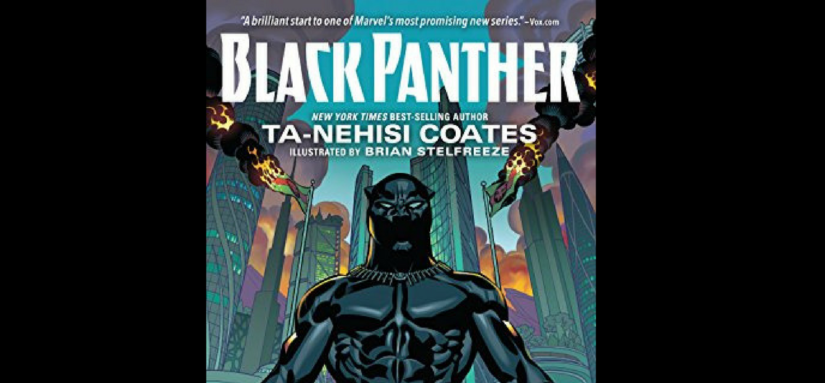
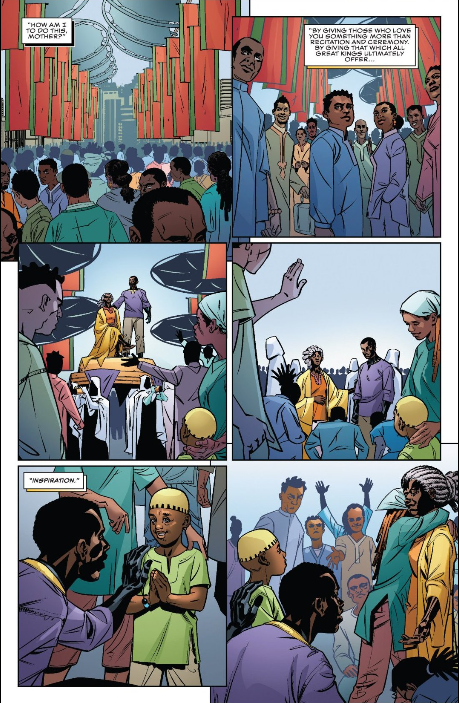
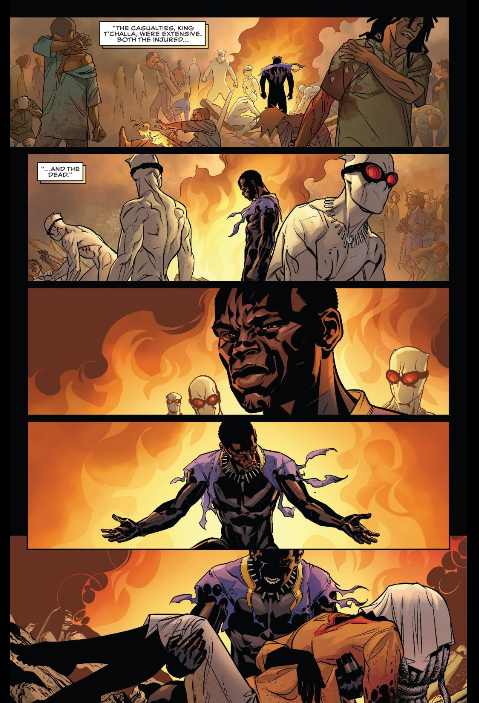
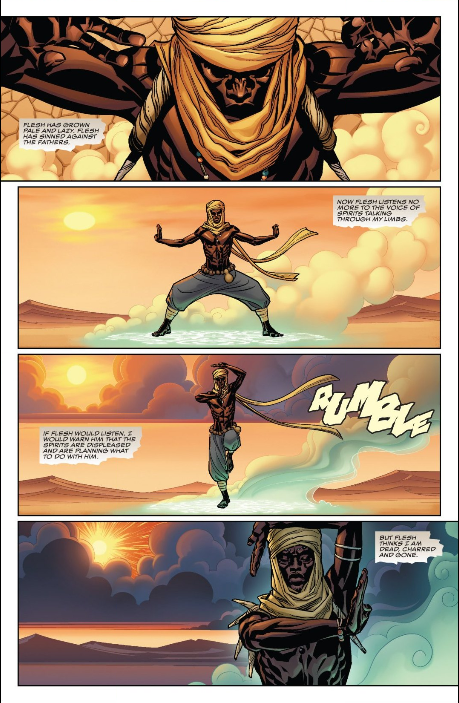
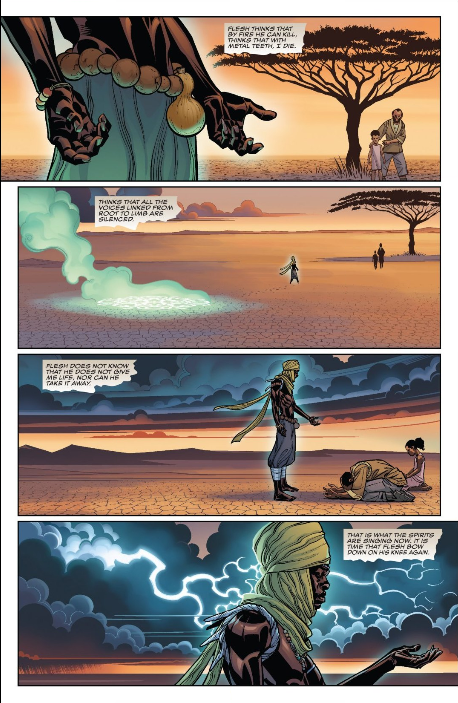
Comments are closed.